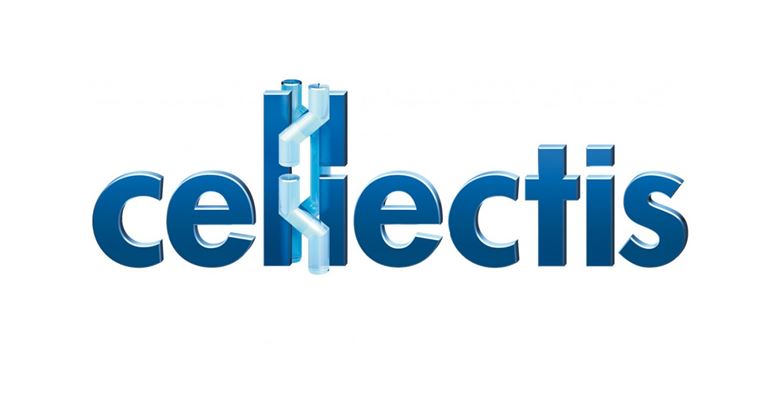Cellectis CAR-T trials on hold after patient death

Cellectis’ 'off the shelf' CAR-T cancer therapy has hit a major setback after the first patient treated in a phase 1 study died, and the first patient treated in another developed life-threatening complications.
The FDA called for a clinical hold on the two phase 1 trials of UCART123, in acute myeloid leukaemia, and in blastic plasmacytoid dendritic cell neoplasm (BPDCN).
Cellectis said it is working with the FDA to resume the trials with an amended protocol and lower dose of UCART123.
The news sent shares in the French-US biotech into freefall, falling nearly 30% on the NASDAQ to $22.46 on the NASDAQ in after-hours trading.
UCART123 is a CAR-T therapy produced independently of the patient that does not require immune cells to be harvested and modified, as is the case with Novartis’ recently-approved Kymriah.
While Novartis got its therapy past the FDA, and a rival from Kite Pharma is under review, Cellectis has added to the list of CAR-T safety problems. The company with the highest profile problems so far is Juno, which abandoned development of its lead candidate last year because of a string of fatalities in clinical trials.
A patient treated with Kite’s CAR-T axicabtagene ciloleucel died in clinical trials from cerebral oedema – the brain swelling that also proved fatal in Juno’s trials – but the FDA is continuing with its review of the therapy.
The first patient treated in Cellectis' BPDCN study was a 78 year-old man treated with one prior therapy with relapsed/refractory disease with 30% blasts in his bone marrow and cutaneous lesions.
After a fludarabine and cyclophosphamide preconditioning regimen and the first dose of UCART, there were no immediate complications.
The patient experienced a mild cytokine release syndrome (CRS), where the immune system becomes over-stimulated by the therapy, and lung infection on day five.
After an initially successful treatment with tocilizumab and antibiotics, the patient developed a grade 5 CRS, and grade 4 capillary leak syndrome, where blood plasma leaks into body cavities and muscles.
Despite further treatment the patient died on day nine of the trial.
Meanwhile the first patient treated on the AML study, a 58 year-old woman with 84% blasts in her bone marrow, experienced a moderate CRS that was resolved, but went on to develop a grade 4 capillary leak syndrome. This was resolved on day 12.
The trial’s independent monitoring board recommended a lower dose of UCART123 and capping the dose of cyclophosphamide.
The news of a fresh CAR-T related death lit up Twitter, reigniting the debate about the safety of these therapies.
Juno initially got trials of its CAR-T JCAR015 restarted after removing fludarabine from the preconditioning regimen - but abandoned development after two more deaths earlier this year brought the number of fatalities associated with the therapy on the ROCKET trial to five.
Cellectis will now await the FDA's verdict, but could find itself in a similar position to Juno, as it is not clear what has caused the safety issue with UCART 123.
https://twitter.com/manuelgea/status/905025379924148224
https://twitter.com/PDRennert/status/905026346174296064











